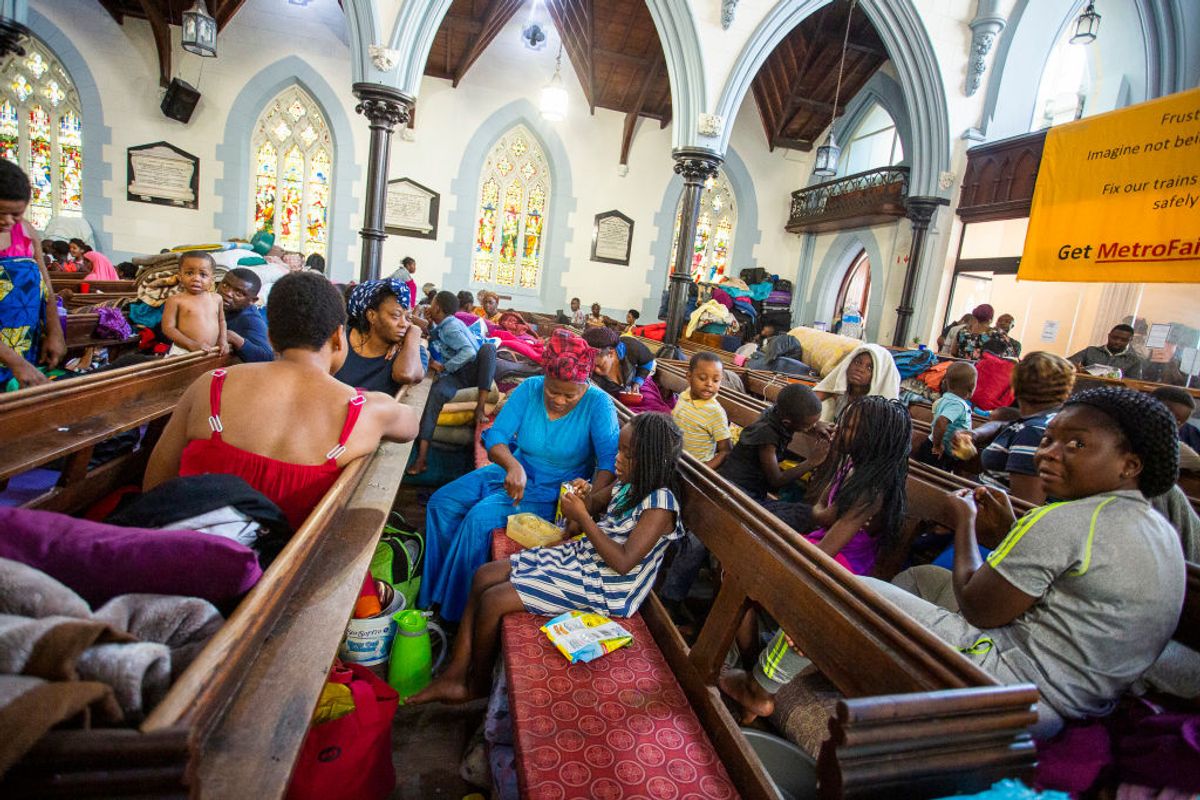
Opening South Africa's Churches Amid COVID-19 Will Result in More Deaths.
Photo by Jacques Stander/Gallo Images via Getty Images.
SEARCH

Opening South Africa's Churches Amid COVID-19 Will Result in More Deaths.
Churches get away with a lot in this country and now is as good a time as any to put an end to that.